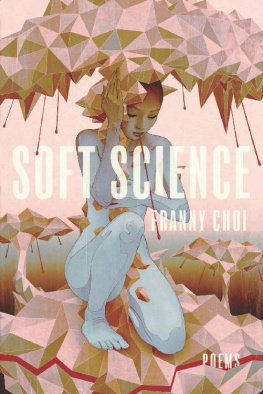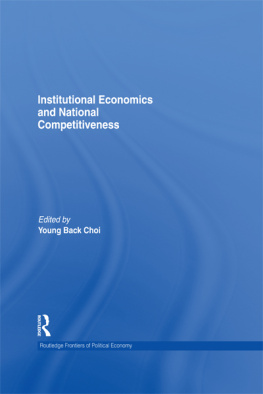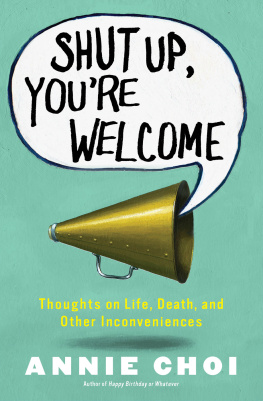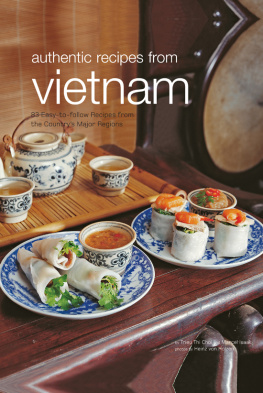My Contemporaries in China
Pun Choi
Austin Macauley Publishers
2019-01-31
My Contemporaries in China
About the Author
Pun Choi was born in China in 1949 into an intellectual family that quickly became the victim of political persecution. Pun survived the Great Famine and many other catastrophes under Maos reign life-changing events that culminated in the writing of this book. He and his wife have four children.
Copyright Information
Copyright Pun Choi (2019)
The right of Pun Choi to be identified as author of this work has been asserted by him in accordance with section 77 and 78 of the Copyright, Designs and Patents Act 1988.
All rights reserved. No part of this publication may be reproduced, stored in a retrieval system, or transmitted in any form or by any means, electronic, mechanical, photocopying, recording, or otherwise, without the prior permission of the publishers.
Any person who commits any unauthorized act in relation to this publication may be liable to criminal prosecution and civil claims for damages.
A CIP catalogue record for this title is available from the British Library.
ISBN 9781785544804 (Paperback)
ISBN 9781785544811 (Hardback)
ISBN 9781528944625 (eBook)
www.austinmacauley.com
First Published (2019)
Austin Macauley Publishers Ltd
25 Canada Square
Canary Wharf
London
E14 5LQ
Acknowledgements
I appreciate the assistance of Toni Chang, a former Monash University teacher, who corrected the manuscript. Thanks also to Maggie, a college teacher, for giving me additional advice. Jenny Guadagnuolo, the manager of a public library in suburban Melbourne, Australia, also deserves praise for the assistance she gave me in regards to the secondary material that this book has made use of. Once again, to my friends in Australia who have helped me during the course of writing my book, I am indebted to you all.
Finally, I say thanks to Kawa Choi, my dear youngest daughter, who has helped me a great deal during the writing of My Contemporaries in China, without her work and support, this book would not have been published.
Testimonials
I read some of your manuscriptit struck me as a powerfully written memoir, not a political treatise. Especially one like yours, in which your life is so intimately entwined with the politics of the time and place. You havent written a scholarly political piece; youve written a life, and that life includes the power structure of the country in which you lived
Paul Baines, Kangan Batman TAFE, VIC Australia
Thankful for the privilege of reading this autobiography and Im fascinated by the authors life history, I appreciate all that he suffered. The parts of the book that are the well-written and that are of most interest to me are those about his personal experiences his struggles and descriptions of ordinary life in one specific part of China during a specific time period. This kind of personal narrative is a unique approach and will capture on worlds readers attention because the author tells a story that very few other people could tell in such an intriguing way. In particular, I enjoyed reading about marriage and the Chinese customs of courtship at that time.
Helen Jackson, Principal, Pascoe Vale Girls College, VIC Australia
The author presents a unique study of a country with my contemporaries in China, as the title suggests, the narrative intertwines personal, public, political, and cultural factors that have defined the authors and his familys experiences over their lifetimes. Its quite well-written, and the book captured my interest from the first page.
DORRANCE Publishing CO: Martha Whitaker, Author Relations Representative
Preface
I was born in the same year as the establishment of the Peoples Republic of China, 1949. My growing up coincided with the nations development. I was one of the millions of people who lived through Maos era, and in telling my story I came to record the history of the time.
While the world watched Maoist China march its way toward the goal of Paradise on earth, the truth was that hundreds of millions of people died from starvation, persecution or suicide. But since Mao and his followers controlled the power of the press, they were able to proclaim proudly to the world: Only the Chinese have been liberated. Two-thirds of the human race still live as slaves.
During the period of the Great Proletarian Cultural Revolution, Mao went from being an evil man to being a God in the eyes of the people. As China, one of the worlds poorest nations, became a leader of the Third World, battling both the U.S. and Soviet oppression.
After Mao passed away in 1976, his great invincible thought, his teachings and theories, should have followed him into the afterlife. However, the Communist Party continued to manipulate the masses politically just as it had done in the past. In order to maintain their hold on power, they put Mao onto the altar once again, using him as a legitimizing symbol. Maos dead body, permanently on display inside a glass coffin at the nations capital, remains an object of veneration to this very day, thumbing his nose at his victims.
After decades of economically bad policies and facing a nation slipping into nonexistence, Deng ushered in a new era of economic reform beginning in 1979, one that effectively sounded the death bell for Maoism and everything it stood for. The government proclaimed that, Under Deng Xiaopings guidance, we can build Socialism with Chinese characteristics in China.
After 30 years of implementation, Dengs decree that in the New China some people will get rich first was indeed effective. Many government officials had accumulated not just billions in wealth, but hundreds or thousands of billions. Corruption has become prevalent and part of everyday life. In the same period, human rights in China plummeted to one of the worst in the world.
It has been said that everyone lives by selling something. Priests exist by selling spiritual comfort. The masses live by selling personal hardship. Prostitutes live by selling their bodies and beggars by selling themselves as human beings to arouse the pity of passers-by. The slaves survive by selling their sweat and blood. In the light of this statement, Deng maintained his power by selling his communist ideas. His followers have swept away national wealth by selling power. This is called socialism with Chinese Characteristics.
Today, in the early twenty first century, more and more Chinese memoirs are finding their way into print as those who lived under Maos regime commit their stories to historical record. Their readership remains limited by continued censorship within China of course, but their voices are slowly being heard. Only the fact that most of them have been written in Chinese has prevented their dissemination far and wide.
As the world watches, agog at the rise and rise of the Chinese economy, a hunger has developed in the west for knowledge about this awakening dragon. Moreover, following the opening of Chinas economy to the world, many generations of Chinese have subsequently settled overseas, estranging themselves from their traditional past. Many of these youngsters know nothing about the violent upheaval of the last century. For these reasons, I have told my story in English, wanting to share my sorrow with the people of the world.



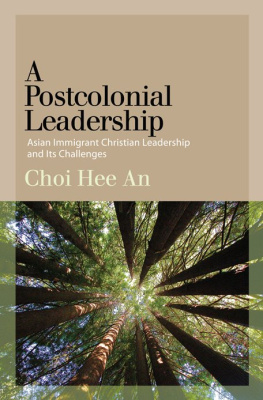
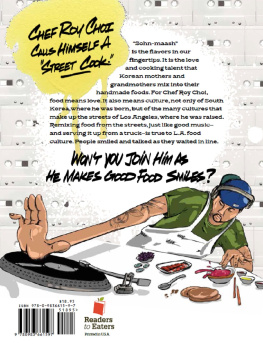
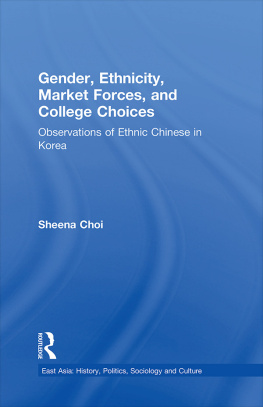
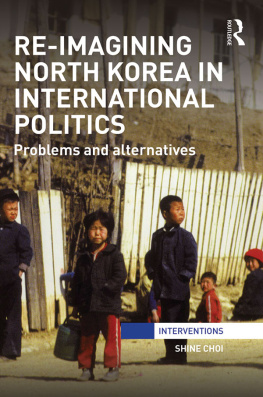
![Brendan Choi - Introduction to Python Network Automation(2021)[Choi][9781484268063]](/uploads/posts/book/266680/thumbs/brendan-choi-introduction-to-python-network.jpg)

